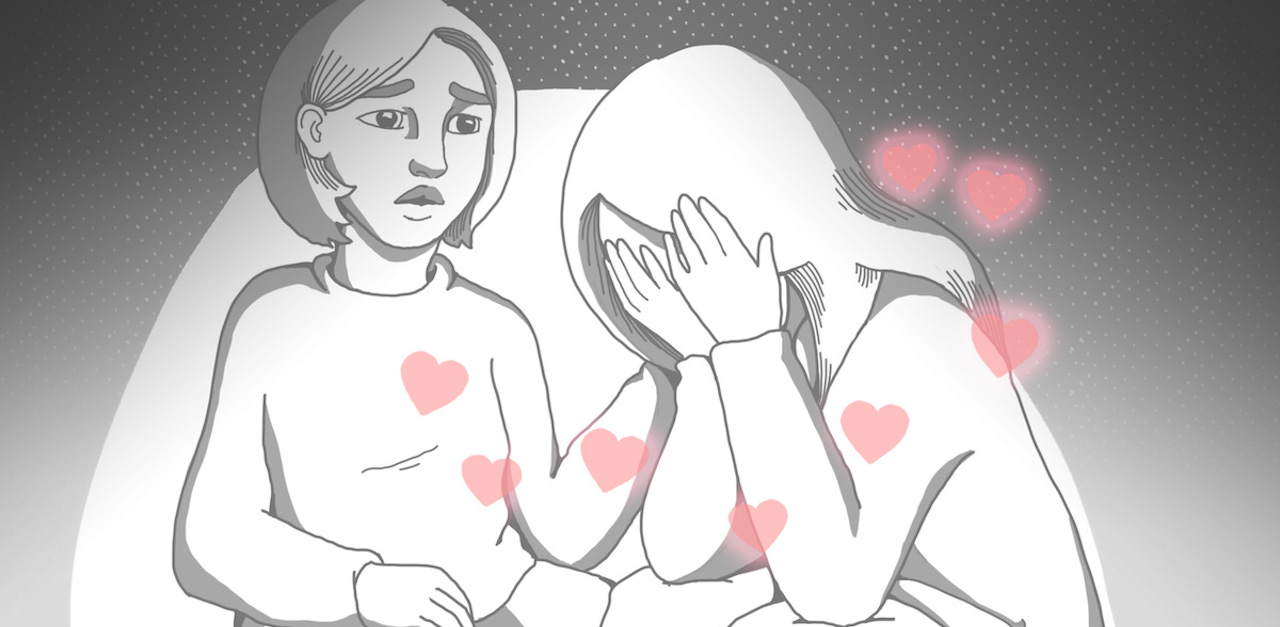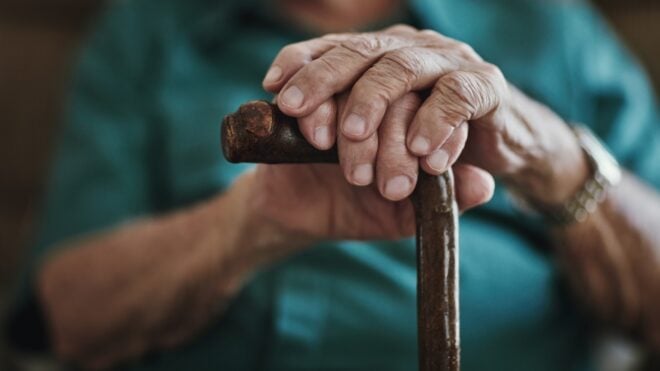
It's not unusual for people to get overwhelmed when life becomes difficult.
Chances are you may feel anxious or depressed once in a while. This is especially true if you're stressed out from work, busy with taking care of the family, burdened by financial troubles, or struggling in a relationship.
Sometimes, though, there's something more serious going on than just "feeling down" for a few days.
If you or someone you know is struggling with anxiety, depression, suicidal thoughts or actions, self-harm, grief, addiction, or abuse, there are resources you can turn to for help.
Below, please find some of the best hotlines and information hubs you can turn to if you need help. Just remember, asking for help when you need it isn't a sign of weakness — it shows you're strong enough to recognize your own vulnerabilities. Finally, never forget that you are loved and you are not alone in your struggle!
Anxiety
If you have anxiety that isn't just temporary and starts to interfere with daily activities, you may have an anxiety disorder. Severe anxiety can cause debilitating psychological and physical symptoms.
Visit the Mayo Clinic to learn more about the symptoms and causes of anxiety.
Visit the National Institute of Mental Health to find out more about anxiety disorders.
Visit the Anxiety and Depression Association of America to learn more about anxiety and search their therapist directory.
Depression
Everyone feels sad once in a while. However, these feelings persist for those with depression and may interfere with everyday life. Depression is a serious medical illness — you can't just "snap out of it."
Visit the US National Library of Medicine to learn more about the symptoms and causes of depression.
Visit the Mayo Clinic to learn more about the basics of depression, when to see a doctor, and how to get help.
Visit the National Institute of Mental Health to find out more about the different types of depression.
Suicidal Thoughts Or Actions
People suffering from mental health problems or who are going through challenging times in life may sometimes have suicidal thoughts, which could lead to suicidal actions. Ending your own life is never the answer.
If you or someone you know is having suicidal thoughts, don't hesitate to call the National Suicide Prevention Lifeline: 1-800-273-8255
Self Harm
When people are struggling internally, some turn to self harm as an outlet for their pain. Self harm includes cutting, burning, scratching, picking at, or embedding objects in your skin.
Visit the National Alliance on Mental Illness to learn more about self harm.
If you're in a crisis situation and think you or someone you know is about to harm themselves, call the National Suicide Prevention Lifeline: 1-800-273-8255
Grief
Almost everyone deals with grief at some point in life. Losing a loved one can be absolutely heartbreaking. It's a kind of pain from which you feel you'll never recover.
Visit the American Psychological Association to learn more about how to cope with grief and find a psychologist if necessary.
Addiction
People all over the country struggle with substance abuse. Addiction is a real medical condition in which people compulsively seek and use drugs, even though there may be harmful consequences.
Visit the National Institute on Drug Abuse to learn more about drug (and alcohol) addiction.
To find treatment or information on substance use disorders, call the Substance Abuse and Mental Health Services Administration's National Helpline: 1-800-662-HELP (4357)
Abuse
There are many types of abuse, including physical abuse, emotional/verbal abuse, sexual abuse, financial abuse, digital abuse, and stalking. If you think you or someone you know is being abused, reach out for help.
Visit the Office on Women's Health to learn more about the signs of abuse.
To get dating abuse help, call the Love Is Respect hotline (go online to live chat or text with them): 1-866-331-9474
To get domestic violence help, call The National Domestic Violence Hotline (go online to live chat with them): 1-800-799-SAFE (7233)
To get sexual assault help, call the National Sexual Assault Hotline (go online to live chat with them): 1-800-656-HOPE (4673)
If you believe you're in immediate danger, call 911.
Photo: Laura Caseley for LittleThings




